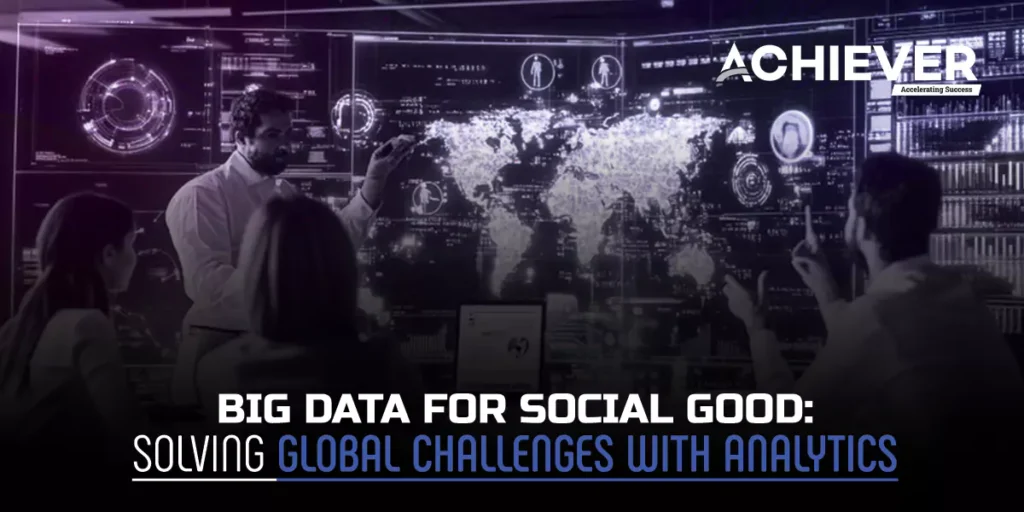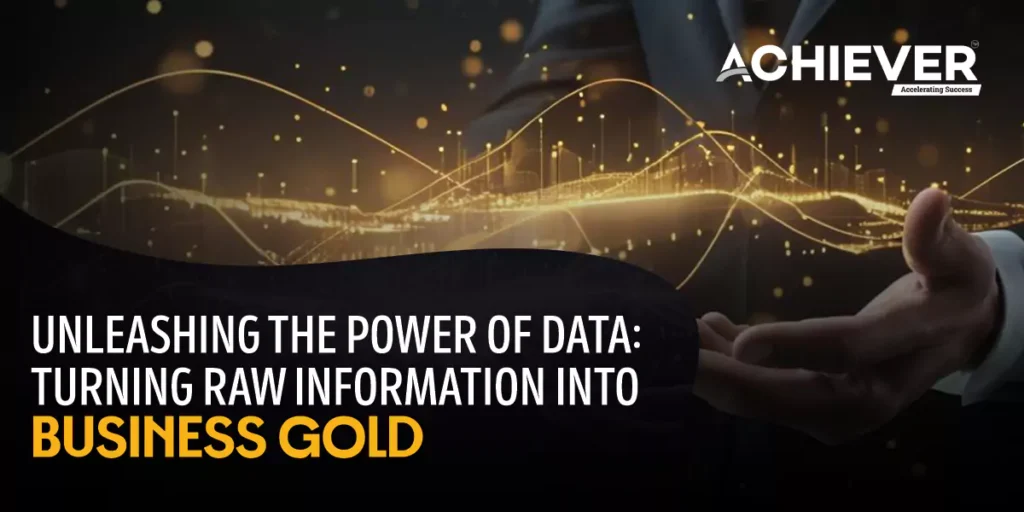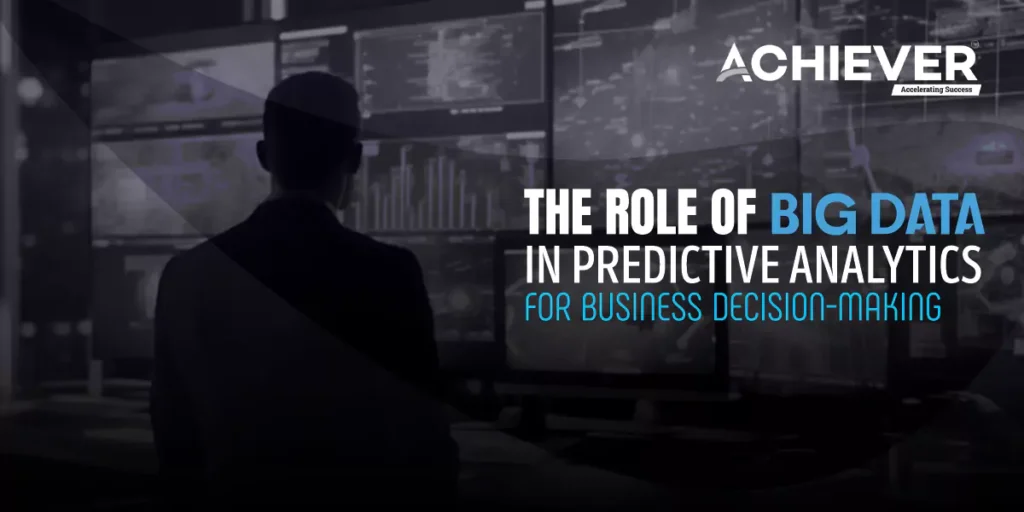In recent years, big data has evolved from a powerful business tool into a transformative force capable of addressing some of the world’s most pressing challenges. Whether it’s combating climate change, eradicating diseases, or fighting inequality, big data analytics has emerged as a vital resource for governments, non-profits, and social enterprises. By analyzing massive amounts of information, organizations can now derive actionable insights that have the potential to save lives, protect the environment, and improve the well-being of populations globally.
Understanding Big Data’s Role in Social Good
Big data refers to large, complex datasets that are difficult to process using traditional data management tools. These datasets come from a wide variety of sources, including social media, sensors, medical records, and satellite images. The true power of big data lies not just in the sheer volume of information, but in the ability to analyze it using sophisticated algorithms and machine learning models to identify patterns and trends that would otherwise remain hidden.
For social good, this means using data to make informed decisions that lead to better outcomes for society. Whether it’s improving access to healthcare, predicting natural disasters, or allocating resources in underserved areas, big data analytics can provide the evidence needed to act swiftly and effectively.
Healthcare and Disease Prevention
One of the most profound impacts of big data has been in the healthcare sector. With the ability to process and analyze vast amounts of patient data, healthcare providers are making strides in predictive medicine and disease prevention. For example, during the COVID-19 pandemic, big data analytics played a critical role in tracking the spread of the virus. Governments and health organizations around the world used data from hospitals, mobile phones, and social media to monitor infection rates, predict outbreaks, and allocate medical resources.
Beyond pandemics, big data is also helping to tackle chronic diseases like diabetes and heart disease. By analyzing genetic data, medical histories, and lifestyle factors, healthcare providers can now predict who is at risk and intervene earlier. This not only improves patient outcomes but also reduces the financial burden on healthcare systems.
Combating Climate Change
Climate change is one of the greatest challenges facing humanity, and big data is proving to be a crucial weapon in the fight against it. Satellites, sensors, and weather stations generate vast amounts of data on global temperature changes, deforestation, pollution levels, and extreme weather events. With big data analytics, scientists and environmentalists can analyze this data to understand the long-term impacts of human activity on the planet and predict future trends.
For example, data from NASA’s Earth-observing satellites has been used to track melting ice caps, monitor deforestation in the Amazon, and measure rising sea levels. These insights are vital for governments and organizations looking to mitigate the effects of climate change. Furthermore, big data is helping companies adopt more sustainable practices by analyzing their carbon footprints and optimizing energy use.
Fighting Poverty and Inequality
Big data is also being leveraged to address issues of poverty and inequality. Governments and NGOs are increasingly turning to data-driven solutions to target aid and improve social programs. For example, in some developing countries, big data is being used to identify areas with the greatest need for healthcare, education, and infrastructure improvements.
Mobile phone data has been particularly useful in poverty alleviation efforts. By analyzing call patterns, researchers can map out regions with low levels of income and employment. This data can then be used to direct resources to those communities, improving access to jobs, education, and healthcare. Moreover, financial institutions are using big data to extend credit to underserved populations by analyzing non-traditional data, such as payment history for utilities, to assess creditworthiness.
Disaster Response and Management
Natural disasters like hurricanes, floods, and earthquakes pose significant threats to human life and property. Big data analytics can help mitigate the impact of these disasters by providing early warnings and improving response efforts. For instance, weather data combined with historical records can help predict when and where a disaster might strike, allowing governments and relief organizations to prepare and respond more effectively.
During emergencies, social media and mobile data provide real-time information on the location and needs of affected populations. This helps disaster response teams allocate resources more efficiently, saving lives in the process.
Challenges and Ethical Considerations
While big data holds immense potential for social good, it also raises important ethical and privacy concerns. The use of personal data, particularly in areas like healthcare and poverty mapping, must be handled with care to protect individual privacy. Organizations must ensure that data is collected, stored, and used responsibly, with appropriate safeguards in place to prevent misuse.
Additionally, there is a risk of data bias, where marginalized communities might be underrepresented in datasets. This could lead to decisions that further entrench inequality. To address these challenges, transparency, fairness, and accountability must be at the forefront of any big data initiative for social good.
Conclusion
Big data has the potential to transform the way we address global challenges, from improving healthcare outcomes to fighting climate change and poverty. By harnessing the power of analytics, governments, non-profits, and private organizations can make smarter, data-driven decisions that create lasting positive impacts on society. However, as with any powerful tool, big data must be used responsibly, with careful consideration of ethical and privacy concerns. When used effectively, it has the power to create a more equitable and sustainable world.




